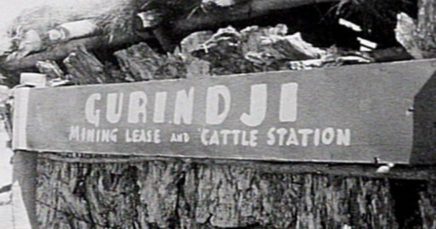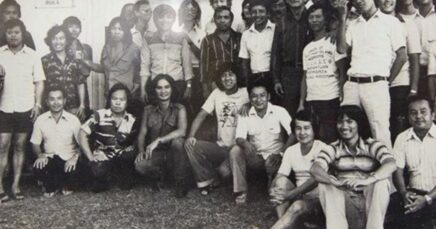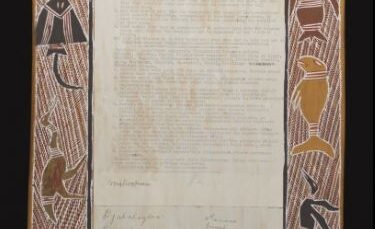
In January 1936, a Maritime Strike was launched by by Torres Strait Islander workers. This heroic act of defiance by Torres Strait Islander workers had defining effects, and we proudly remember it today.
The strike was focused on the pearl-shell industry. Work in the industry was notoriously dangerous and difficult. The labour force included Torres Strait Islander workers, but also workers from Japan (many as pearling divers), Malaysia, the Philippines, Sri Lanka, Timor, and the Pacific Islands. Many of these workers from the Asia-Pacific were indentured, enduring terrible and dangerous conditions for no or minimal pay for the period of their indenture.
Torres Strait Islander workers in the industry were subject to constant racist treatment by government and employers. In one of the racist measures of the time, the Queensland government appointed a so-called local “Protector” who was granted intrusive authority over the lives of Torres Strait Islander people.
This “Protector” oversaw what was known as “company boats” in the pearling industry.
These were boats that Torres Strait Islander people built, operated, and owned, but it was the “Protector” who had legal control over them and their operations, including deciding who crewed each boat.
This sometimes included compelling Torres Strait Islander workers to crew the boats against their will.
This racist control denied autonomy, self-determination, and basic respect to Torres Strait Islander people.
In the lead up to the strike the “Protector”, JD McLean, claimed that he wanted to make the pearling industry more efficient.
He introduced a series of racist restrictions such as imposing a curfew at night which began with a whistle, he decided who would crew each boat, and he meddled with the personal finances of the Torres Strait Islander pearlers.
In fact, many Torres Strait Islander people in the industry were not paid wages, but were paid in credit that they had to spend in specified stores picked by the government.
Torres Strait Islander people took a stand against this racism, and in January of 1936, workers on these “company” boats went on strike.
McLean visited a number of islands to recruit workers to the boats. Torres Strait Islander workers literally jumped out of the windows of the halls where the meetings were taking place in protest. The police started to arrest Torres Strait Islander workers who refused to work on company boats – at least 30 strikers were imprisoned.
Pay increases were offered to the striking workers in late February to try and tempt them back to work. But this was rejected.
This was because the strike was not just about the appalling wages and conditions Torres Strait Islander people working in the trade experienced.
It was about the broader right for Torres Strait Islander people to be treated with respect, equality, and to have the right to self-determination and control over their own lives.
After several months of a sustained strike, McLean was forced to leave the Islands. This met with great celebration from the strikers!
In mid-September, a number of really important concessions were made to the strikers.
The nightly curfew was abolished. Wages in the industry were increased. Islanders could choose their own crews and control their own boats.
Importantly, some of the powers the government had exerted over Torres Strait Islander people were invested in the local community through the Island Councils.
The struggle for true self-determination and equality by Torres Strait Islander people has continued long after this strike.
But it was an important milestone in the ongoing campaign for justice.



